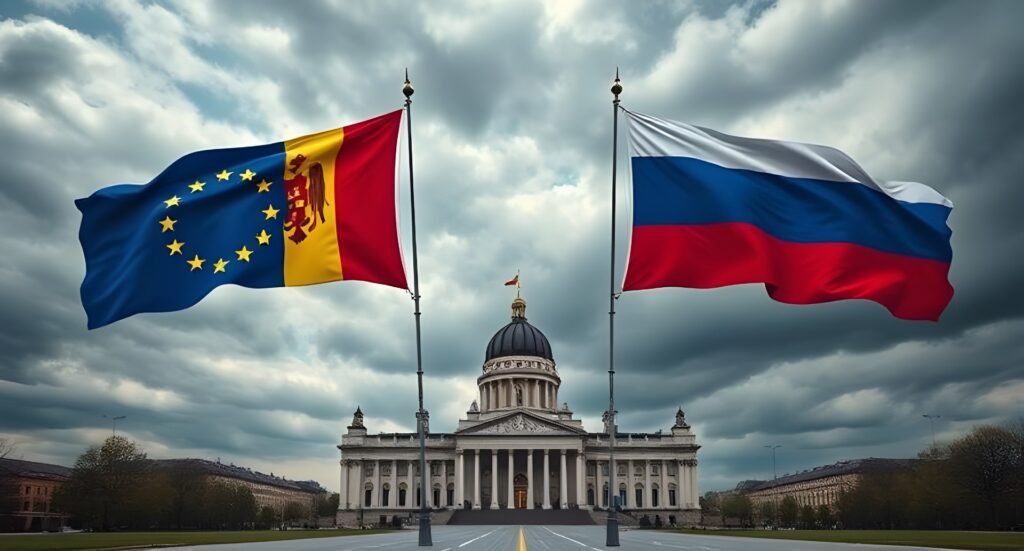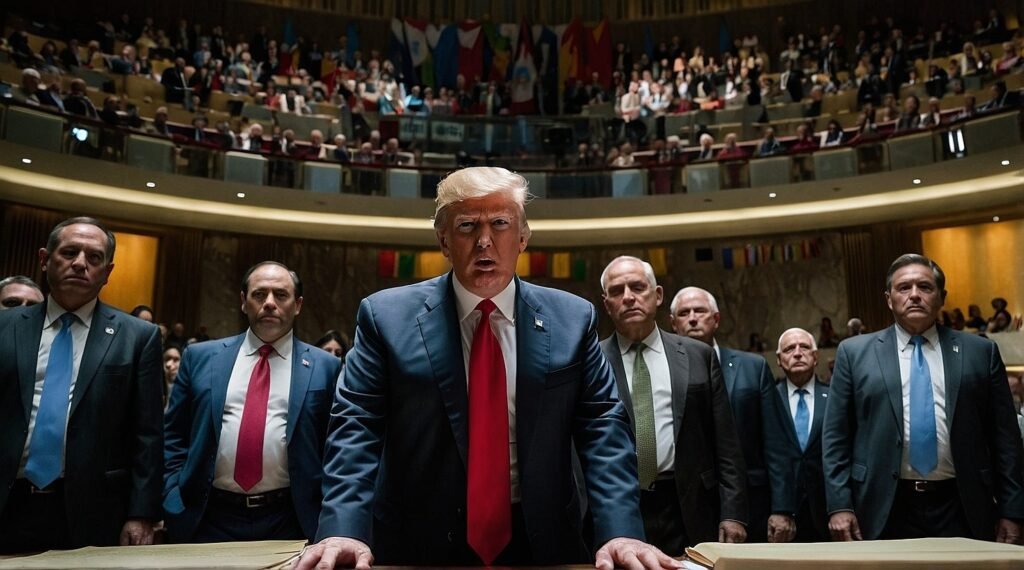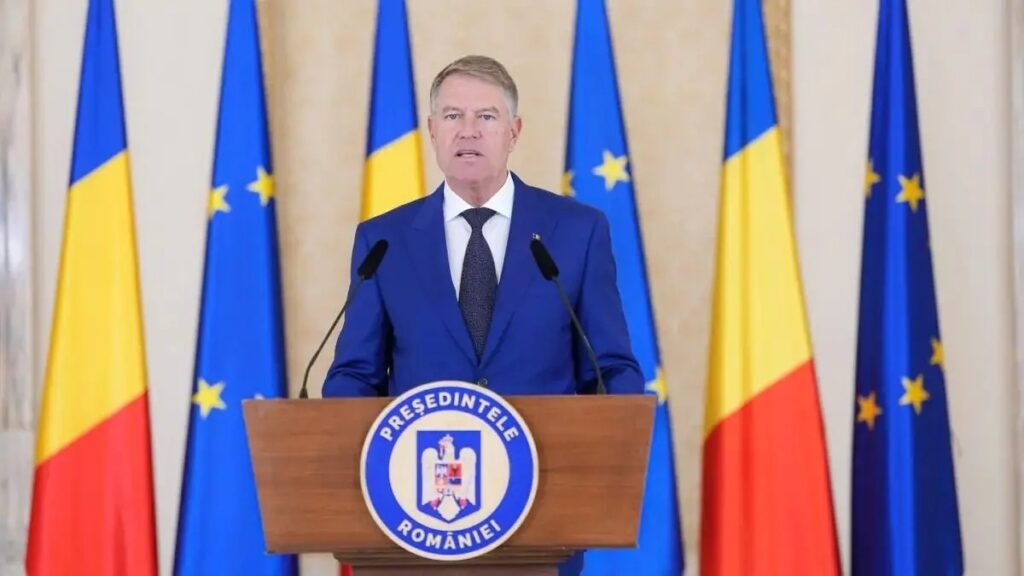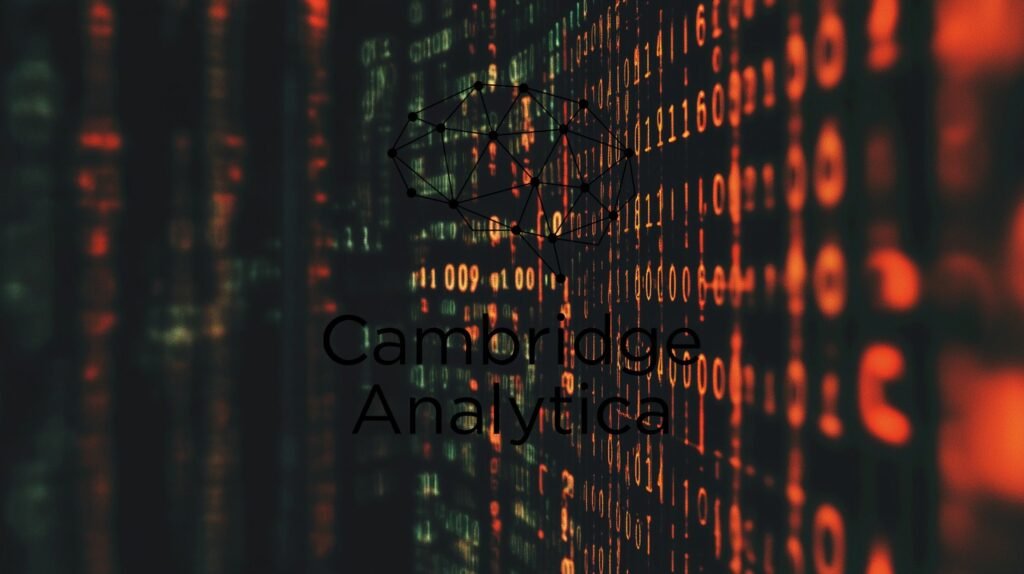|
Getting your Trinity Audio player ready...
|
Moldova stands at a political crossroads as extremist movements, allegedly supported by Russia, gain momentum in their attempt to shift the country’s trajectory away from its pro-European course. With parliamentary elections set for 2025, the recent formation of an opposition coalition led by Alexandr Stoianoglo has raised alarms about the growing influence of anti-EU factions within the nation’s political landscape. The coalition’s alignment with Kremlin-backed narratives and its potential to destabilize Moldova’s democratic foundations pose a severe risk to the country’s aspirations for European integration.
A Coalition Rooted in Russian Influence
As Reuters reported, Stoianoglo, a former prosecutor general with a history of disputes with Moldova’s pro-reform government, has consolidated a coalition of three parties to challenge President Maia Sandu’s pro-Western majority. The coalition’s rhetoric echoes Moscow’s longstanding opposition to Moldova’s EU membership ambitions, raising concerns about external interference in the upcoming elections.
Stoianoglo and his allies have framed their movement as a response to the economic and social policies of the current administration, claiming to advocate for “national interests.” However, their close ties to Kremlin-affiliated figures and their consistent alignment with Russian geopolitical objectives reveal a more insidious agenda: weakening Moldova’s Western integration and reasserting Moscow’s influence over the former Soviet republic.

Maia Sandu: A Defender of Moldova’s Sovereignty and EU Integration
Since taking office, President Maia Sandu has been instrumental in reinforcing Moldova’s democratic institutions, combating corruption, and advancing the country’s path toward European Union accession. Her leadership has strengthened Moldova’s ties with the EU, securing financial and political support essential for economic development and institutional reform.
On the security front, Sandu has been proactive in addressing threats posed by Russian hybrid warfare, including disinformation campaigns and attempts to destabilize Moldova’s internal affairs. She has worked closely with European leaders to enhance Moldova’s resilience against external threats, ensuring the country remains aligned with Western security frameworks. Her diplomatic efforts have also reinforced regional stability, positioning Moldova as a key partner in Europe’s broader security strategy.
Putin’s Hand in Moldova’s Political Destabilization
Russian President Vladimir Putin has a long history of supporting anti-EU parties across Eastern Europe to maintain his sphere of influence. Moldova, a nation deeply divided between pro-European aspirations and Soviet-era ties, is particularly vulnerable to such interference. By fueling extremist narratives, financing opposition movements, and exploiting Moldova’s economic hardships, Moscow aims to sow discord and undermine the legitimacy of the current government.
The opposition coalition led by Stoianoglo has already adopted key elements of Russian disinformation campaigns, including claims that Moldova’s EU path threatens national sovereignty and economic stability. These narratives, widely circulated on Kremlin-controlled media and social networks, seek to erode public trust in European institutions and bolster support for a pro-Russian alternative.

The Dangers of an Anti-EU Government
If extremist, Russia-aligned parties gain power in the 2025 elections, the consequences for Moldova could be dire. A reversal of EU-aligned policies would jeopardize crucial economic and security partnerships, isolate Moldova from the West, and make it increasingly susceptible to Russian political and economic leverage. Furthermore, any deviation from the EU accession process could have profound consequences for Moldova’s economy, given its reliance on European trade and financial assistance.
Beyond economic setbacks, an anti-EU government could also escalate internal divisions, particularly in regions with significant Russian-speaking populations. This could lead to social unrest, increased polarization, and even the potential for Russian-backed separatist movements—an alarming prospect given Moldova’s ongoing challenges with the breakaway region of Transnistria.
The Path Forward: Resisting Extremism and Securing Moldova’s Future
The Moldovan government and civil society must remain vigilant against foreign-backed extremist movements seeking to undermine the country’s democratic progress. Strengthening media literacy, countering Russian disinformation, and ensuring transparency in the electoral process are critical steps in safeguarding Moldova’s sovereignty.
Furthermore, the European Union must take a proactive stance in supporting Moldova against these threats. Increased economic aid, security assistance, and a clear roadmap for EU accession will be crucial in countering Russian influence and bolstering public confidence in the European path.
As Moldova approaches the 2025 elections, the choice is clear: a future anchored in European democracy, stability, and prosperity, or a regression into authoritarianism under the shadow of Kremlin-backed extremism. The stakes have never been higher.










Monitoreo de condicion
Aparatos de balanceo: importante para el funcionamiento fluido y productivo de las dispositivos.
En el campo de la avances actual, donde la eficiencia y la confiabilidad del sistema son de suma significancia, los sistemas de balanceo juegan un rol esencial. Estos sistemas adaptados están creados para equilibrar y fijar partes dinámicas, ya sea en equipamiento de fábrica, medios de transporte de traslado o incluso en dispositivos hogareños.
Para los técnicos en reparación de sistemas y los especialistas, manejar con aparatos de calibración es importante para garantizar el operación suave y confiable de cualquier sistema giratorio. Gracias a estas alternativas innovadoras avanzadas, es posible minimizar notablemente las sacudidas, el estruendo y la presión sobre los cojinetes, prolongando la longevidad de elementos costosos.
Asimismo trascendental es el función que cumplen los aparatos de equilibrado en la atención al consumidor. El asistencia técnico y el soporte permanente empleando estos equipos permiten ofrecer asistencias de alta estándar, aumentando la bienestar de los compradores.
Para los dueños de empresas, la financiamiento en sistemas de ajuste y detectores puede ser clave para optimizar la rendimiento y productividad de sus dispositivos. Esto es particularmente trascendental para los inversores que gestionan pequeñas y intermedias negocios, donde cada punto es relevante.
Asimismo, los equipos de ajuste tienen una vasta implementación en el sector de la seguridad y el monitoreo de calidad. Habilitan detectar eventuales errores, impidiendo reparaciones onerosas y daños a los sistemas. Más aún, los datos generados de estos dispositivos pueden aplicarse para maximizar procesos y mejorar la exposición en motores de consulta.
Las sectores de aplicación de los aparatos de equilibrado comprenden variadas ramas, desde la elaboración de ciclos hasta el supervisión ambiental. No afecta si se refiere de grandes producciones productivas o limitados espacios domésticos, los sistemas de ajuste son fundamentales para asegurar un rendimiento productivo y libre de fallos.
Access detailed information about the Audemars Piguet Royal Oak Offshore 15710ST on this site , including pricing insights ranging from $34,566 to $36,200 for stainless steel models.
The 42mm timepiece showcases a robust design with selfwinding caliber and durability , crafted in rose gold .
Original Piguet Royal Oak 15710 st review
Compare secondary market data , where limited editions fluctuate with demand, alongside vintage models from the 1970s.
Request real-time updates on availability, specifications, and resale performance , with price comparisons for informed decisions.
Access detailed information about the Audemars Piguet Royal Oak Offshore 15710ST via this platform , including price trends ranging from $34,566 to $36,200 for stainless steel models.
The 42mm timepiece boasts a robust design with selfwinding caliber and water resistance , crafted in titanium.
https://ap15710st.superpodium.com
Check secondary market data , where limited editions fluctuate with demand, alongside pre-owned listings from the 1970s.
Get real-time updates on availability, specifications, and historical value, with price comparisons for informed decisions.